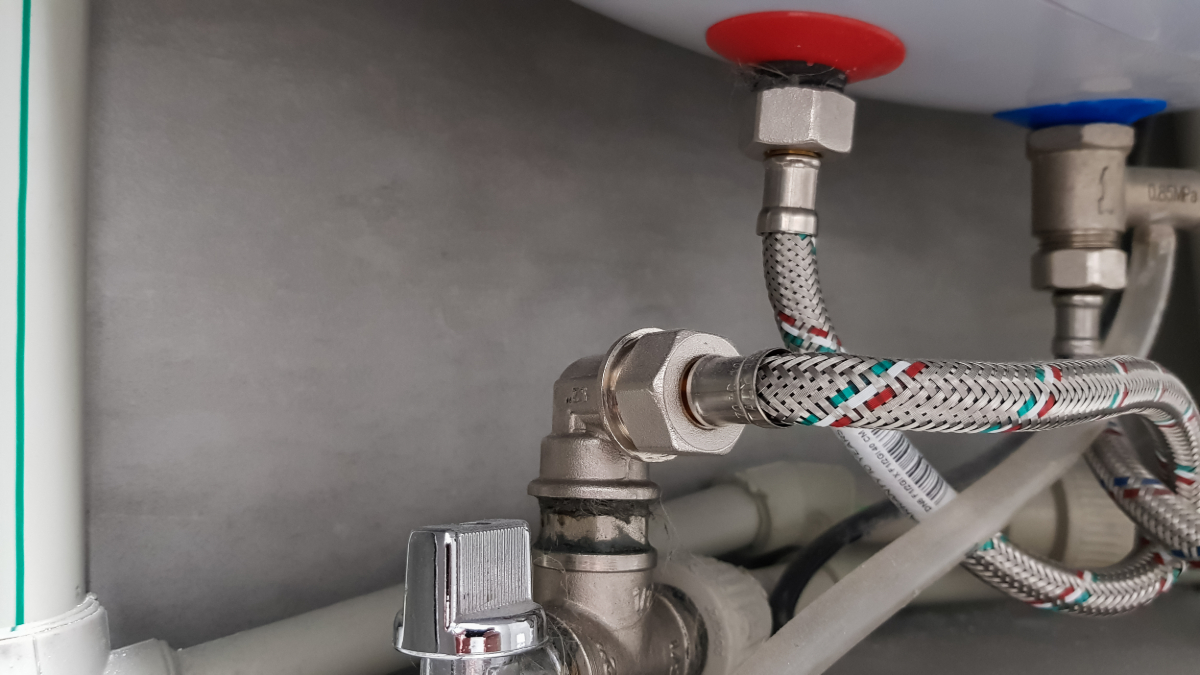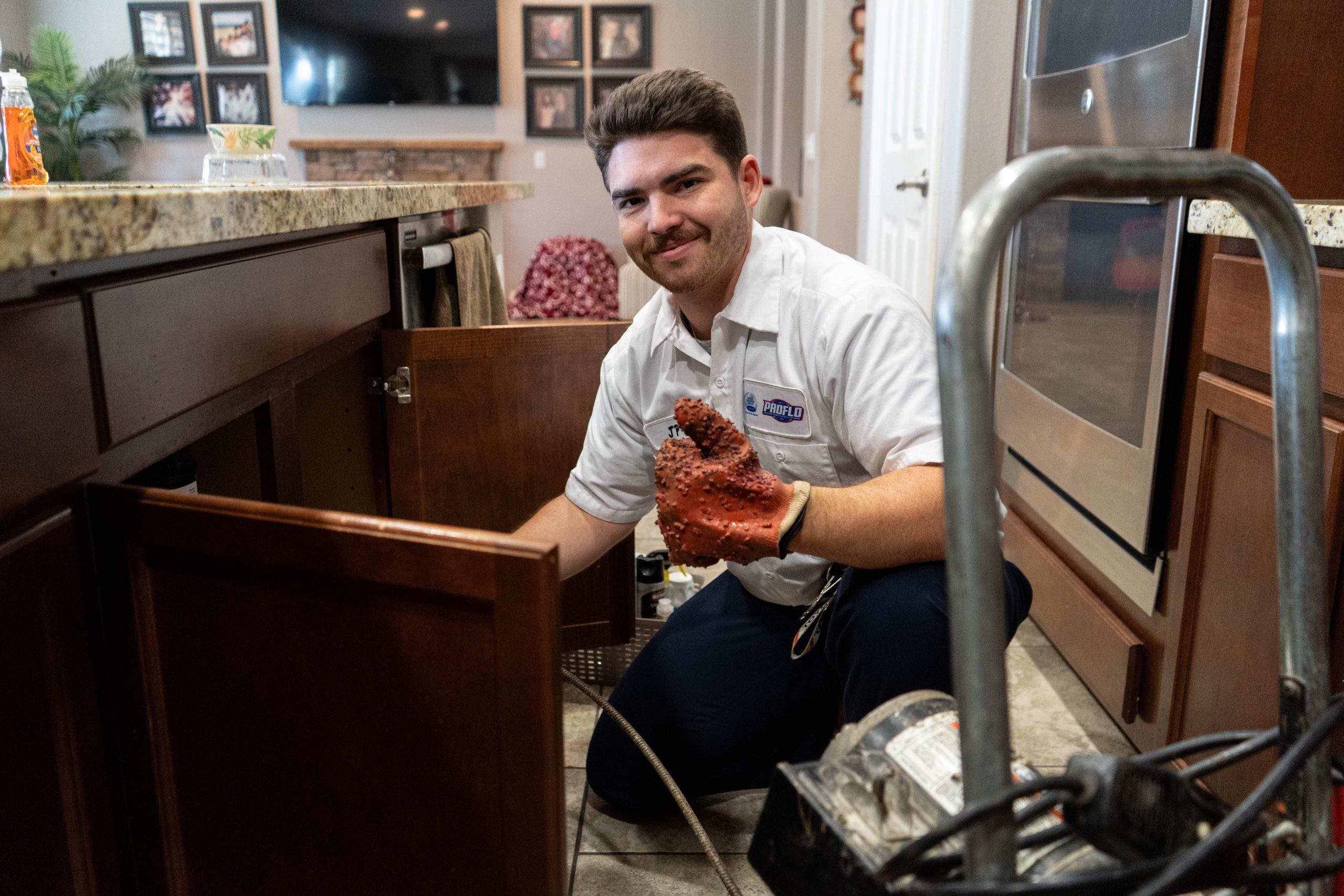What are your thoughts regarding Main Plumbing Issues Found in Old Houses?

Older homes usually include beauty, personality, and history, however they can likewise bring a host of plumbing problems. Whether you're managing maturing pipelines, low tide pressure, or leakages, understanding how to deal with these common problems is essential to maintaining a secure and practical home. In this overview, we'll check out the regular pipes difficulties faced by older homes and give useful services to maintain your pipes in top form.
Comprehending Usual Pipes Concerns
Aging Pipelines
Among one of the most usual concerns in older homes is maturing pipes. Depending upon the age in which your home was developed, the pipes might be made from products that have actually degraded gradually, such as galvanized steel, cast iron, and even lead. These materials can rust, end up being brittle, or create leakages, resulting in water damage and possible health hazards.
Water Top Quality Screening
Older pipes can impact the quality of your water. Conduct a water top quality test to check for impurities such as lead, rust, or other pollutants that may be introduced by maturing pipelines.
Solutions for Common Pipes Concerns
Replacing Aging Pipelines
If your home has old, weakening pipelines, consider changing them with contemporary materials like copper or PEX. This can be a significant investment, yet it will stop future concerns and boost the security and reliability of your plumbing system.
Fixing Low Water Stress
To fix low water pressure, beginning by cleansing or changing old components and eliminating mineral build-up in the pipes. If the problem persists, it may be needed to change areas of rusty pipelines.
Fixing and Changing Dripping Pipes
For tiny leakages, you can use pipeline clamps or epoxy putty as a short-lived repair. However, it's ideal to change dripping pipes totally to prevent further damages.
Upgrading Components
Updating old fixtures to modern, water-efficient versions can enhance your home's pipes efficiency and decrease water usage. Seek components with the WaterSense tag for the best efficiency.
Managing Pipe Deterioration
If your pipes are corroded, changing them with corrosion-resistant products like copper, PVC, or PEX is the best option. Normal inspections and water high quality maintenance can assist protect against even more rust.
Low Water Stress
If you're experiencing low water stress, maybe because of natural resources, corrosion inside the pipelines, or old fixtures that are no longer functioning efficiently. This can be a significant aggravation, especially in locations like showers and sinks.
Leaking Pipes
Leakages are one more frequent concern in older homes, often triggered by rusty or worn-out pipelines. Also small leaks can bring about significant water damages, mold and mildew growth, and enhanced water costs if not dealt with promptly.
Out-of-date Fixtures
Out-of-date pipes fixtures such as taps, commodes, and showerheads not only look old yet might also be much less reliable, prone to leaks, or inappropriate with modern plumbing criteria.
Pipeline Corrosion
Corrosion is an usual issue in older pipes, specifically those made from galvanized steel or actors iron. Rusty pipes can limit water circulation, trigger discoloration, and ultimately cause leaks or pipeline ruptureds.
Examining the Problem of Your Plumbing
Examining Visible Pipelines
Begin by evaluating any kind of visible pipes in your house, such as those in basements, crawl spaces, or under sinks. Try to find indications of corrosion, leaks, or corrosion, which can show underlying issues.
Checking for Leakages
Check for leaks by inspecting locations around taps, toilets, and under sinks. You can likewise monitor your water meter prior to and after a duration of no water use to find hidden leaks.
When to Call an Expert
While some plumbing issues can be handled with DIY solutions, there are times when it's finest to employ an expert. If you're dealing with major leakages, considerable corrosion, or are not sure concerning the problem of your pipes, a certified plumbing professional can provide expert evaluation and repair service.
Preventive Upkeep Tips
Normal Examinations
Routinely examine your plumbing system for signs of wear and tear. Capturing concerns early can stop expensive repair work down the line.
Water Pressure Regulation
Ensure your water stress is within the advised variety to stay clear of stressing your pipes and components. A plumbing can mount a stress regulator if needed.
Water High Quality Upkeep
Mount water filters or softeners if your water quality is poor. This can secure your pipelines and fixtures from damage brought on by difficult water or impurities.
Proactive Pipe Replacement
If your home has older pipes, take into consideration aggressive substitute prior to significant issues develop. This can save you from emergency situation repair services and water damages.
Final thought
Dealing with plumbing issues in older homes calls for a mix of vigilance, preventative maintenance, and prompt upgrades. By recognizing the common obstacles and knowing when to look for specialist help, you can ensure your pipes system remains practical and reputable for years to find.
Common Plumbing Issues in Older Homes
Pipe corrosion
Pipe corrosion is a common plumbing issue in older homes. Several factors can cause pipes to corrode:
Water: Ironically, water is the number one cause of pipe corrosion. When water seeps into cracks in pipes, it can cause the metal to rust and break down, leading to leaks or even burst pipes.
Oxygen: Oxygen is another significant culprit in pipe corrosion. When oxygen interacts with water, it can cause the metal to oxidize and weaken.
Chemicals: Chemicals such as chlorine and fluoride can also contribute to pipe corrosion. These chemicals can react with the metal in pipes, causing them to break down over time.
Leaky pipes
Pipes that leak is one of the most common plumbing issues plaguing residents of older houses. While a small leak may not be a problem initially, it can lead to significant problems if left unaddressed. In addition, water damage can be very costly to repair and may cause damage to electric fixtures, promote mold growth and cause many other issues.
Worn-out fixtures
Older homes often have worn-out fixtures which may need replacement. Over time, the finishes on fixtures can wear down, exposing the underlying metal to corrosion. This can cause fixtures to leak or even break completely. It s best to have a professional plumbing contractor regularly inspect the fixtures in older homes and replaces them if necessary.
Faulty water heaters
A leaky water heater can cause severe damage to the home as it can be both a flood and fire hazard. Call a plumber immediately if it appears that the water heater might be leaking.
If the heater isn t working correctly, it could be because the pilot has gone out. The pilot light going out may indicate gas supply issues or leaks. It is also worth checking the thermostat to see if it needs to be adjusted.
If the water heater is making strange noises, it could be due to sediment buildup in the tank. Sediment can interfere with the heating elements and cause them to overheat. Overheating can damage the tank and shorten the lifespan of the water heater.
https://www.norfleetfamilyplumbing.com/blog/common-plumbing-issues-in-older-homes

As a person who reads on Common Plumbing Problems in Older Homes, I imagined sharing that excerpt was valuable. Don't hesitate to take the time to promote this write-up if you appreciated it. We love your readership.
Book With Us Today!